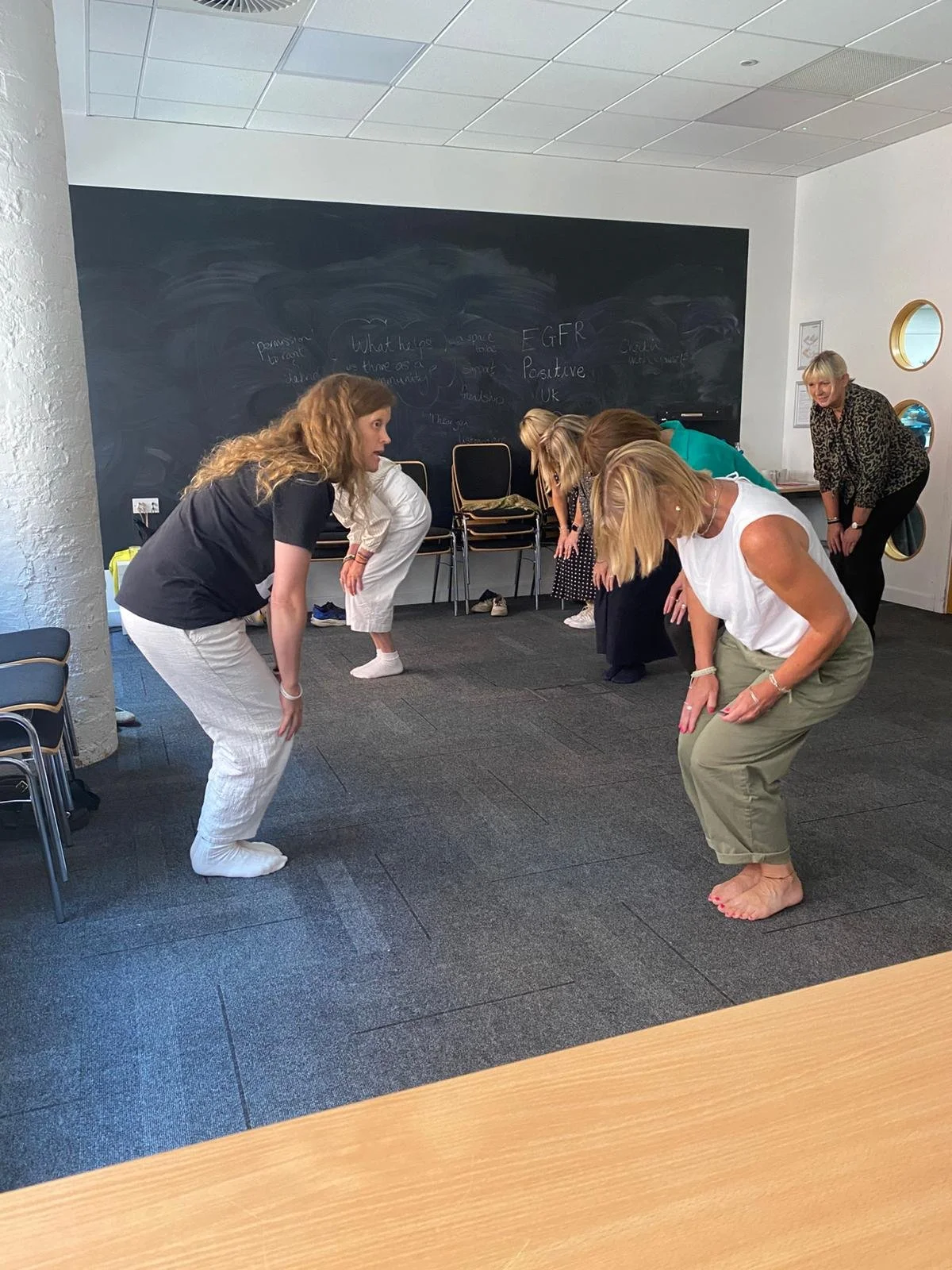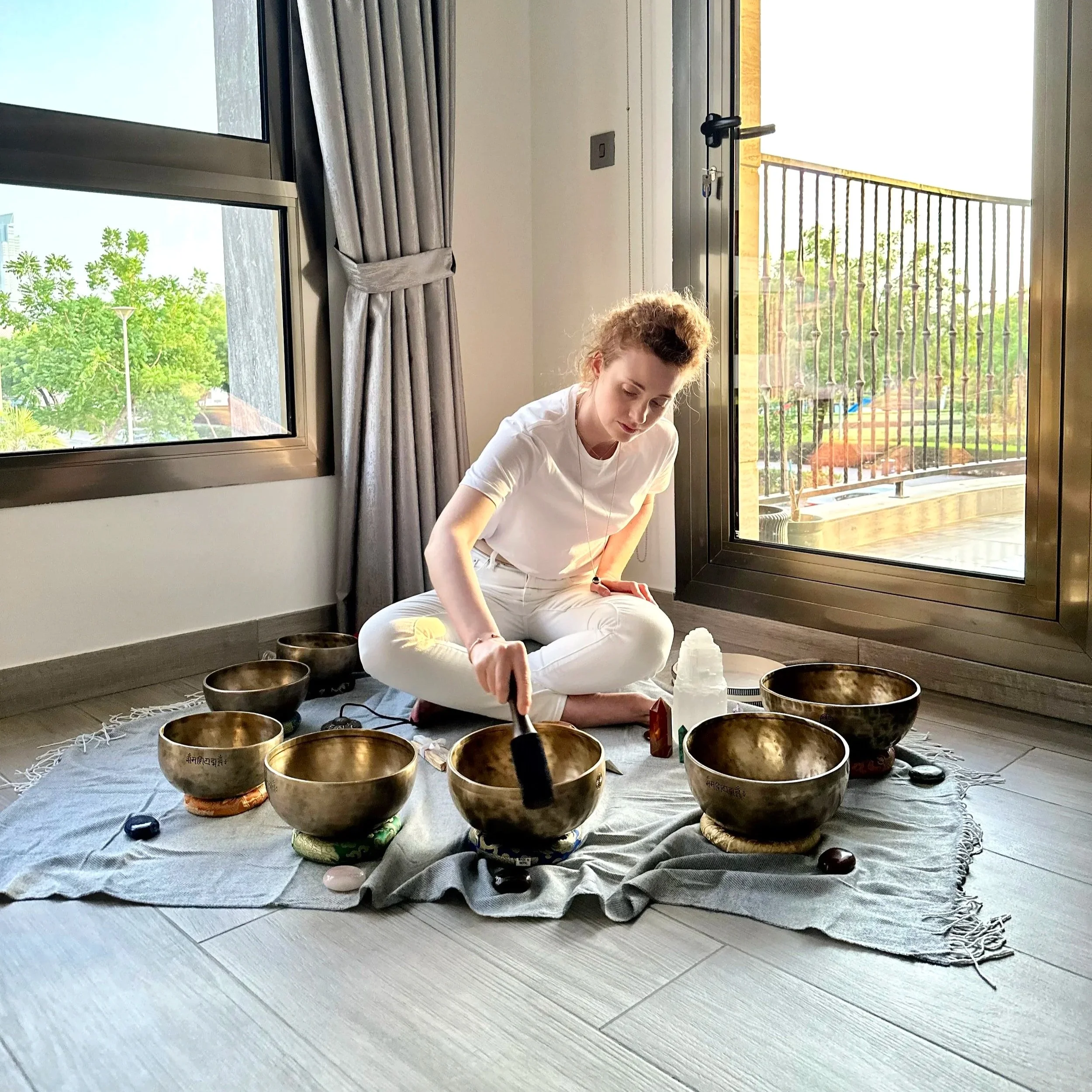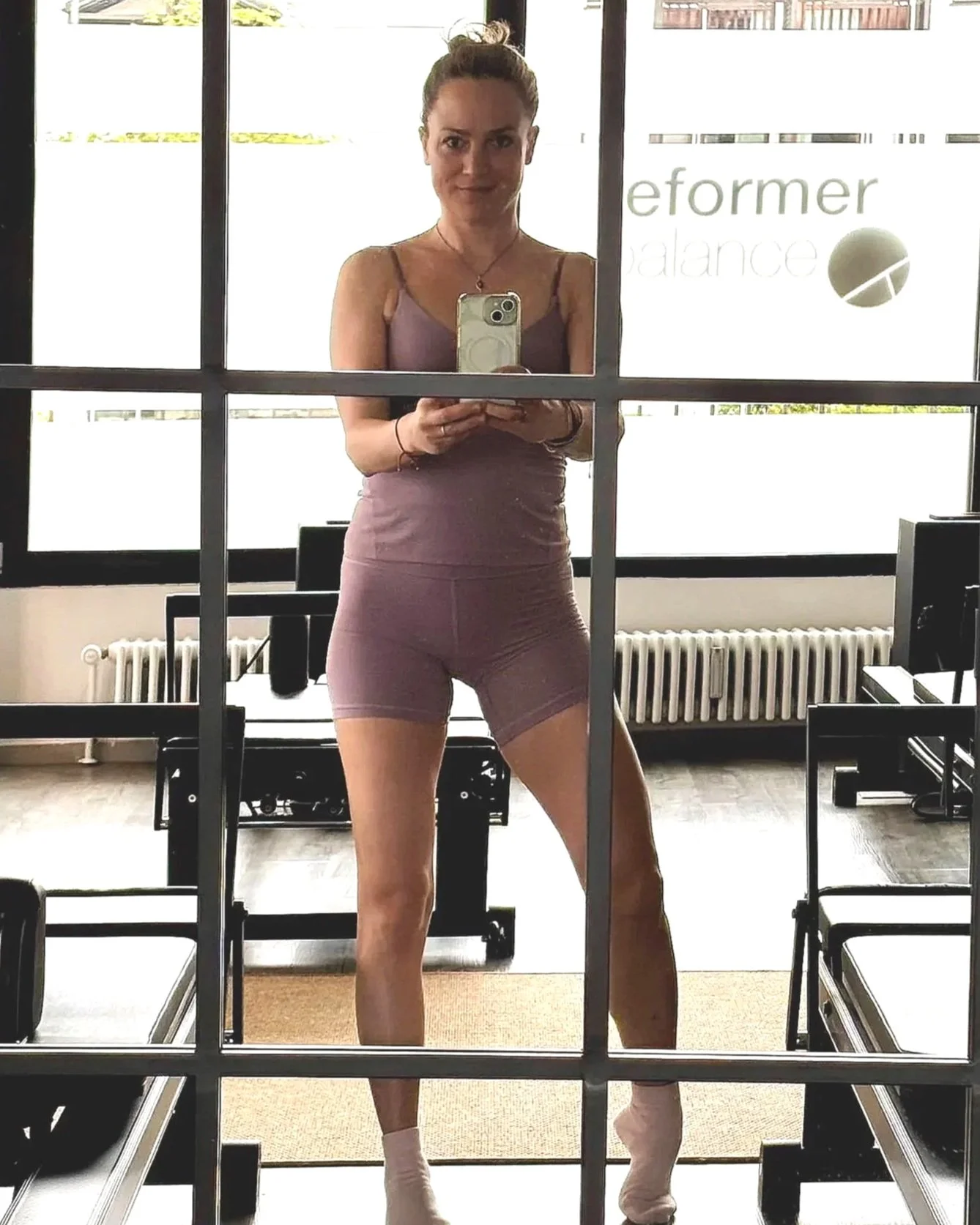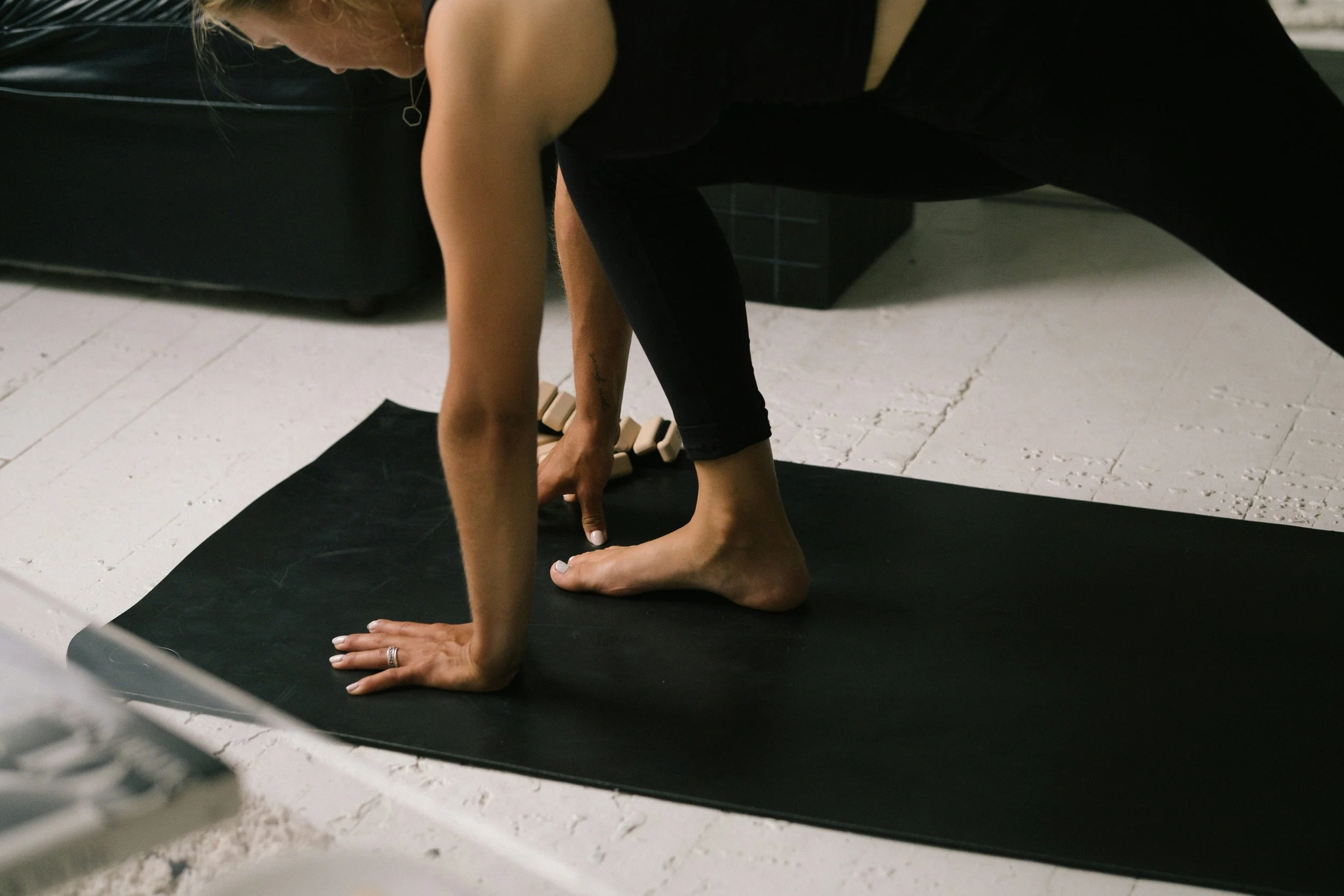Complementary and Integrative Therapies for Lung Cancer
Evidence-based options to ease symptoms and improve wellbeing - always alongside your treatment.
Harriet was diagnosed with stage 4 ALK+ lung cancer at 33. She’s an accredited sound healer and says the practice has become an important part of her healing journey.
When complementary therapies are used safely together with standard cancer care, this approach is called integrative care.
It brings medical treatment and supportive therapies into one plan - helping people manage side effects, reduce stress, and improve quality of life.Examples include yoga, breathing techniques, acupuncture for pain or cough, massage, mindfulness, and music therapy.
These may improve quality of life, but they don’t treat the cancer itself.
Complementary vs Alternative: What’s the Difference?
Complementary therapies are things you can use alongside your lung cancer treatment to help with symptoms, side effects, or wellbeing.
Examples include yoga, breathing techniques, acupuncture for pain or cough, massage, mindfulness, and music therapy. These may improve quality of life - but they don’t treat the cancer itself.
Alternative therapies are things promoted instead of standard treatment.
Examples include “cancer diets,” unproven supplements, or “natural cures.” Using these in place of treatment is unsafe. Studies show people who refused treatment in favour of “alternatives” were more likely to die sooner.
→The safe path: think of complementary therapies as an add-on, not a replacement. Always check with your healthcare team before starting anything new.
Mind-Body Practices
Complementary approaches like meditation, Pilates, or gentle movement can help calm the mind and ease physical tension during lung cancer treatment.
Kathrin, 45, from Munich, was diagnosed with stage 4 ALK+ lung cancer in 2024.
“I’ve always loved Pilates and meditation - they’re part of how I cope. They help me reconnect with my body and find calm, even when everything else feels uncertain.”
Mind–body therapies are about support, not cure - but many people find they make a real difference to how they feel.
What should I know about complementary therapies and lung cancer?
-
Integrative medicine means your medical and complementary care are joined up - your oncology team and your therapist work together.
-
Complementary therapies with the best evidence include yoga, tai chi, mindfulness, acupuncture, massage and music therapy. They can help with symptoms such as fatigue, pain, anxiety, breathlessness and sleep problems.
SIO–ASCO guideline on integrative therapies in cancer care (endorsed internationally, including in Europe). -
Yes. Studies show yoga, tai chi and qigong can improve sleep, reduce fatigue, and help with mood in people with lung cancer. They are gentle, low-impact ways to support wellbeing.
Interesting clinical trial about tai chi and sleep quality in advanced lung cancer patients HERE.
-
Some are, but others can be harmful. High-dose antioxidants and certain herbs can interfere with chemotherapy or targeted therapies. For example, St John’s wort and grapefruit can stop lung cancer drugs from working properly. Always check with your oncology team before taking anything new.
Here we answer some of the most common questions - from yoga and acupuncture to supplements and safety.
-
Many cancer centres now include them as part of supportive care - especially acupuncture, massage, and mindfulness. Ask your nurse or support team what’s available locally.
-
Yes. Research shows that acupuncture can reduce cough and help with breathlessness in lung cancer.
Sources:
Acupuncture reduced chronic cough.
Randomised trial – Acupuncture for breathlessness in lung cancer and mesothelioma. -
Avoid any therapy that claims to cure lung cancer, or asks you to stop treatment. Research shows people who turned down treatment in favour of “alternative” therapies were more likely to die sooner.
-
Many cancer centres and hospitals across Europe offer services such as acupuncture, massage and arts therapies. In the community, look for practitioners who are registered with national or European professional associations and who have experience working with cancer patients. Always ask your oncology team for guidance before starting something new.
Energy Therapies
Practices like sound healing, Reiki or crystal work are sometimes used alongside treatment to promote relaxation and emotional balance.
Harriet, 33, from the UK, was diagnosed with stage 4 ALK+ lung cancer in 2022.
“Sound healing has become an important part of my healing journey. It helps me relax, clear my mind, and feel grounded again.”
Energy therapies don’t have the same evidence base as some other complementary therapies, but are widely used for relaxation, stress relief, and emotional balance.
That doesn’t mean you shouldn’t explore them - many people find these practices help them unwind, sleep better, or simply feel calmer. If they help you relax and manage stress, that’s already doing something good for your wellbeing.
Mind–Body Therapies with Growing Evidence
All complementary approaches can play a role in supporting wellbeing - but studies show that practices like yoga, tai chi, qigong and acupuncture have particular benefits. They can ease fatigue, pain and anxiety, and help improve sleep and overall quality of life during lung cancer treatment.
-

Qigong
📸 EGFR+ UK members practising Qigong as part of a supportive care programme.
-
Yoga/Tai Chi
Gentle movement and breathing can reduce stress, improve sleep, and support quality of life during lung cancer treatment. In a 2024 JAMA Oncology trial, tai chi helped people with advanced lung cancer sleep better and feel less fatigued.
-

Acupuncture
In lung cancer studies, acupuncture has been shown to reduce cough, ease breathlessness, and may help with pain. Always choose a practitioner trained in oncology care.
Complementary therapies and culture
Many people grow up with family or cultural remedies - herbal teas, soups, home treatments, or what Dr Narjust Florez (Thoracic Oncologist, Dana-Faber Cancer Institute) calls “grandma recipes.” These traditions are often part of how people care for each other and feel supported.
It’s okay to value those traditions. Just let your oncology team know about anything you use or plan to try. That way, they can check it’s safe and make sure it works alongside your treatment.
Good cancer care respects both science and culture - because both can play a part in healing.
Talk with your cancer team about complementary therapy
Nearly 3 in 10 people (29%) using complementary therapies never tell their doctor (JAMA Oncology, 2019). That silence can be risky - some supplements and remedies interfere with cancer drugs.
The good news is that many cancer centres across Europe now welcome integrative care. Services like acupuncture, massage, and relaxation classes are offered in hospital settings - for example, the Christie in Manchester, UK, runs an acupuncture service for people with cancer.
By being open with your team, you can make sure any complementary therapy you try is safe, evidence-based, and works alongside your treatment.





